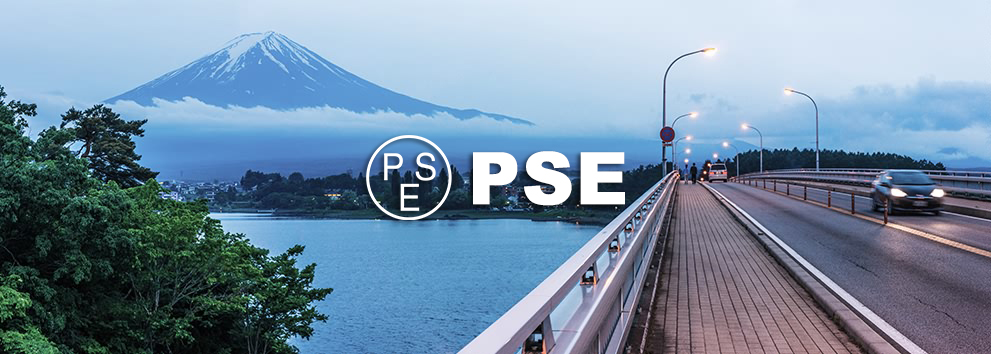Our wishes for the exploration of the universe-Interpretation of General Specification for the Space-using Li-ion Storage Battery
Our wishes for the exploration of the universe-Interpretation of General Specification for the Space-using Li-ion Storage Battery,
Storage Battery,
▍What is PSE Certification?
PSE (Product Safety of Electrical Appliance & Material) is a mandatory certification system in Japan. It is also called ‘Compliance Inspection’ which it is a mandatory market access system for electrical appliance. PSE certification is composed of two parts: EMC and product safety and it is also an important regulation of Japan safety law for electrical appliance.
▍Certification Standard for lithium batteries
Interpretation for METI Ordinance for Technical Requirements(H25.07.01), Appendix 9,Lithium ion secondary batteries
▍Why MCM?
● Qualified facilities: MCM is equipped with qualified facilities which can be up to the whole PSE testing standards and conduct tests including forced internal short circuit etc. It enables us to provide different customized testing reports in the format of JET, TUVRH, and MCM etc.
● Technical support: MCM has a professional team of 11 technical engineers specialized in PSE testing standards and regulations, and is able to offer the latest PSE regulations and news to clients in a precise, comprehensive and prompt way.
● Diversified service: MCM can issue reports in English or Japanese to meet clients’ need. So far, MCM has completed over 5000 PSE projects for clients in total.
Overview of the Standard
General Specification for the Space-using Li-ion Storage Battery was put forward by China Aerospace Science and Technology Corporation and issued by ShanghaiInstitute of Space Power-Sources. Its draft
has been on public service platform tocanvass opinion. The standard givesregulations on the terms, definition, technical requirement, test method, quality assurance, package, transportation and storage of Li-ion storage battery. The standard applies for the space-using li-ion storage battery (hereinafter referred to as “Storage Battery”).
The leakage rate of the storage battery is not more than 1.0X10-7Pa.m3.s-1; after thebattery is subjected to 80,000 fatigue life cycles, the welding seam of the shell should not be damaged or leaked, and the burst pressure should not be lower than 2.5MPa.For the requirements of tightness, two tests are designed: leakage rate and shell burst pressure; the analysis should be on test requirements and test methods: these requirements mainly consider the leakage rate of the battery shell under low pressure conditions and its
ability to withstand gas pressure.










